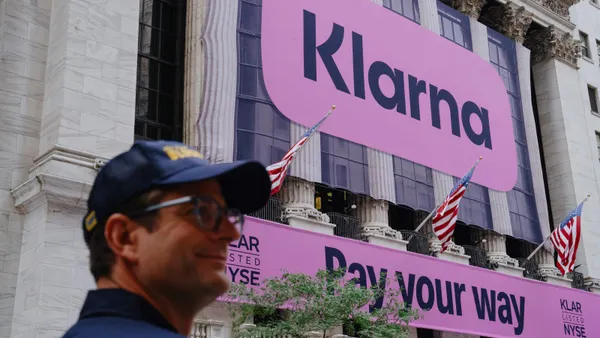U.S. Bank has revived its bitcoin custody service for institutional investment managers in partnership with NYDIG as sub-custodian.
The service originally launched in 2021. But when a Securities and Exchange Commission bulletin made holding clients’ cryptocurrency more capital intensive for banks the following year, U.S. Bank pumped the brakes on the program – until “enhanced regulatory clarity” gained this year allowed the bank to once again press the gas pedal, according to Laura Cote, the lender’s head of global fund services product.
The bulletin that paused the program – Staff Accounting Bulletin 121 – is one of many pieces of guidance rescinded by the SEC and other financial regulators since President Donald Trump began his second term in January. The Office of the Comptroller of the Currency’s March notice that banks could participate in certain crypto activities followed soon after SAB 121’s rescission.
“Those two pieces really let us accelerate our reassuming of the service,” Cote said in an interview.
“We [previously had] had it approved, so in terms of getting it back opened up, we just looked at everything we had done in the past, and if there had to be any tweaks made for, for example, [exchange traded funds], which were not approved to hold bitcoin at the time our first offering went live,” she said.
Spot bitcoin ETFs debuted in the U.S. in early 2024.
U.S. Bank has seen “tremendous growth” in its ETF business as a whole, Cote said. The bank is servicing 33 bitcoin funds, on the administrative side, across its registered and alternatives business, and servicing 15 funds, on the administrative side, that follow a digital asset strategy that includes bitcoin or focus on other crypto tokens. Of the 4,300 U.S.-listed ETFs overall, U.S. Bank services 24% of them, Cote said.
The 11 U.S. spot bitcoin ETFs together hold 6.16% of all bitcoin in existence, according to bitcoin treasuries tracker Bitbo. As of Sept. 3, total market value of ETF bitcoin holdings exceeds $144 billion. Bitcoin’s ETF presence “signal[s] a significant shift from Bitcoin’s early days as a primarily retail-held asset,” according to an analysis by crypto trade group The Digital Chamber.
The super-regional bank’s decision to offer bitcoin custody for institutional investment managers specifically, rather than individual investors, is led by demand, Cote said.
“We know that these spot bitcoin ETFs are growing, and we want to be able to provide not only the administration on the bitcoin services, but also the custody,” Cote said. “There was a bit of a client alignment piece to it, and also client demand. These funds and institutional managers, from our perspective, have been more ready. They have their bitcoin custody with a Coinbase today, and we know that's a real example for us where we could provide that service,” she said.
Although the demand on the individual client side hasn’t been as high, Cote doesn’t count out the possibility of that ramping up in light of bitcoin’s popularity.
“But as far as our client base is concerned, we are really looking at, where is the demand, what are we doing today, and what are we servicing today?” she said.
NYDIG, which will custody U.S. Bank clients’ bitcoin, served the same purpose in the first iteration of the program offered in 2021, according to Blockworks.
“Together, we can bridge the gap between traditional finance and the modern economy by facilitating access for Global Fund Services clients to bitcoin as sound money, delivered with the safety and security expected by regulated financial institutions,” said NYDIG CEO Tejas Shah in a prepared statement.













